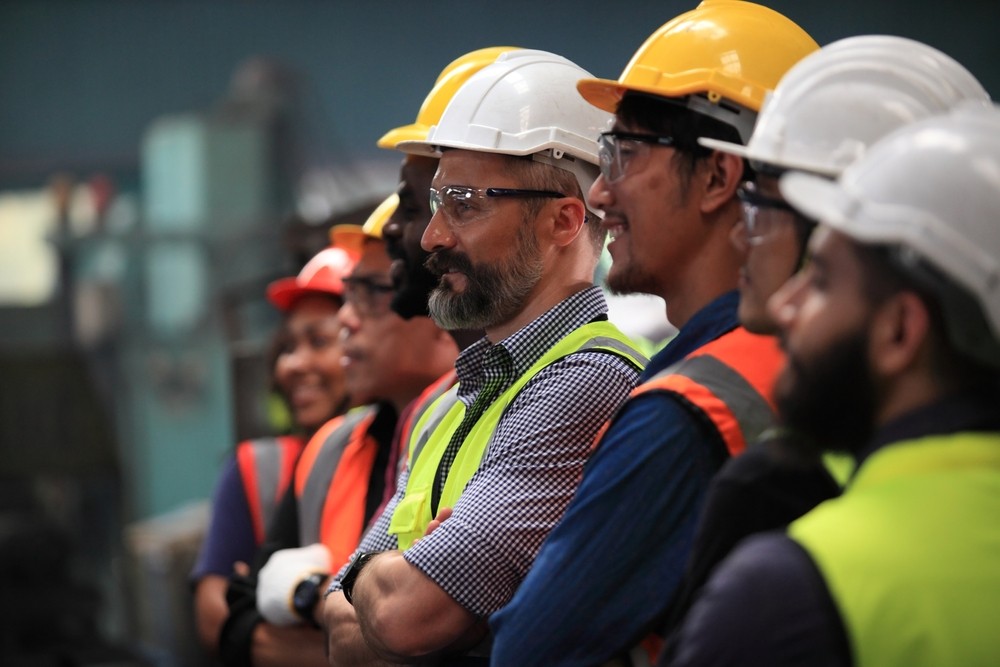Adaptive Skills Development: A 2023 Priority for Manufacturers

The ability to adapt is one of the biggest advantages any company can have. The question is, how do you create the ability to adapt? The answer lies within your workforce. Teaching workers how to recognize their capacity for adaptability is the first step in empowering a culture of innovation — and, by nature, enabling powerful change.
In the current era of economic strife, hiring struggles, and manufacturing skills gaps, it is more important than ever to foster adaptive skills development. Helping employees realize their capacity for excellence is an investment with multifold returns for businesses.
Adaptive skills are more valuable than ever
Manufacturers face challenges on all fronts, from supply chain disruptions to runaway inflation, but the skills gap is arguably the most impactful. Is there a way to overcome this historic skills gap and fill jobs quicker, easier, and more effectively? There is, and it’s called “adaptive skills development.”
Adaptive skills help workers learn and expand their capabilities so they can respond successfully to ever-changing job functions. These skills fall under the umbrella of “soft skills,” like effective communication and problem-solving. In the manufacturing sector, adaptive skills can include industry-specific skills like root-cause analysis (relying on data to make decisions), systems thinking (asking questions), and creative reasoning (considering problems from unusual perspectives).
To stay competitive in today’s global marketplace, manufacturers must build a resilient workforce — one with strong adaptive skills. The U.S. workforce could have a shortage of 2.1 million manufacturing employees by 2030 if the skills gap isn’t addressed. Developing and leveraging these skills can help companies hire and retain a broader workforce.

Manufacturers must develop an adaptive workforce
Companies have much to gain by upskilling their teams with adaptive abilities. They create a culture of collaboration, one where ideas are encouraged and workers who speak up are recognized. An adaptive workforce benefits both employees and employers, keeping them engaged while accelerating learning to improve business outcomes.
Here’s how manufacturers can build a workforce rich in adaptive skills:
- Set the tone for an adaptive company-wide culture. Foster a culture based on collaboration, empowerment, and engagement. Reward people who bring forth ideas and encourage trial-and-error strategies to drive growth and improvement.
- Hire for diversity. Today’s companies must look beyond traditional backgrounds and skills, instead hiring from a broader pool of talent with diverse ideas and perspectives.
- Retain a skilled workforce. Foster career paths where employees understand the capabilities needed to move upward. Workers must control their journey, but employers have the responsibility to provide training and development opportunities for progression and job satisfaction.

Amid today’s hiring challenges, skills are vital
Hiring is becoming more difficult for manufacturers, and talent pools are getting smaller. Building a highly skilled workforce is more critical than ever. Rather than hiring talent with hard skills and training adaptive skills, manufacturers should do the opposite. A flexible, agile workforce sets up producers for success.
In an individualized learning environment, workers who already possess adaptive skills can learn the hard skills needed to succeed in their position, both today and tomorrow. Laying a solid foundation — a workforce with adaptive skills — can help manufacturers bridge the hiring gap, creating a modernized workforce to drive them toward the future.